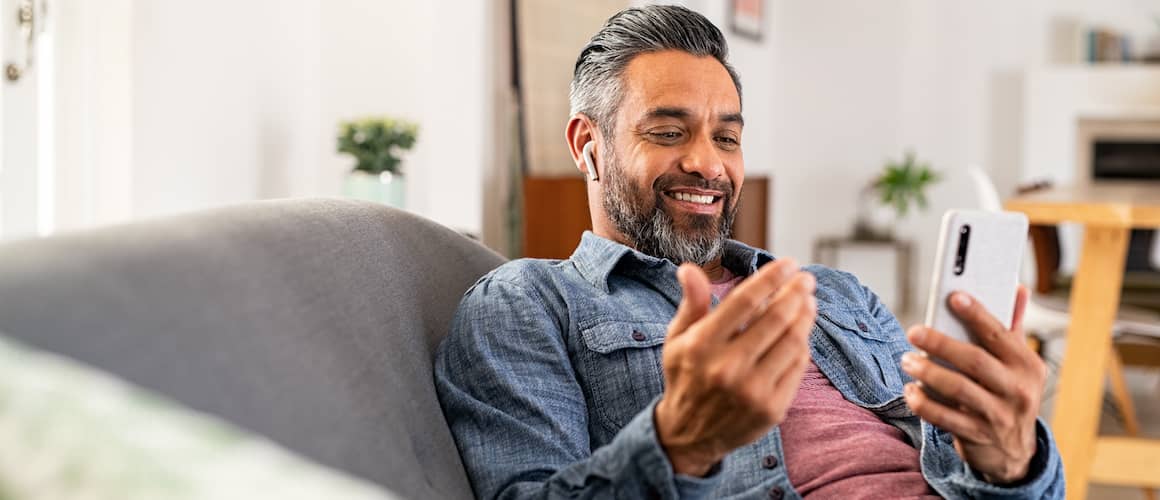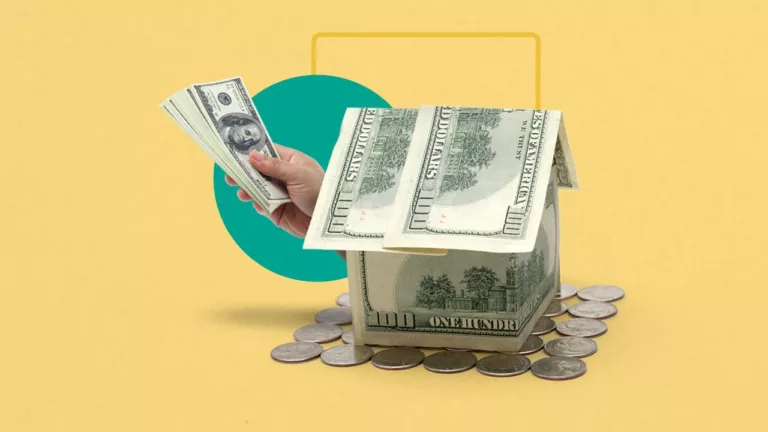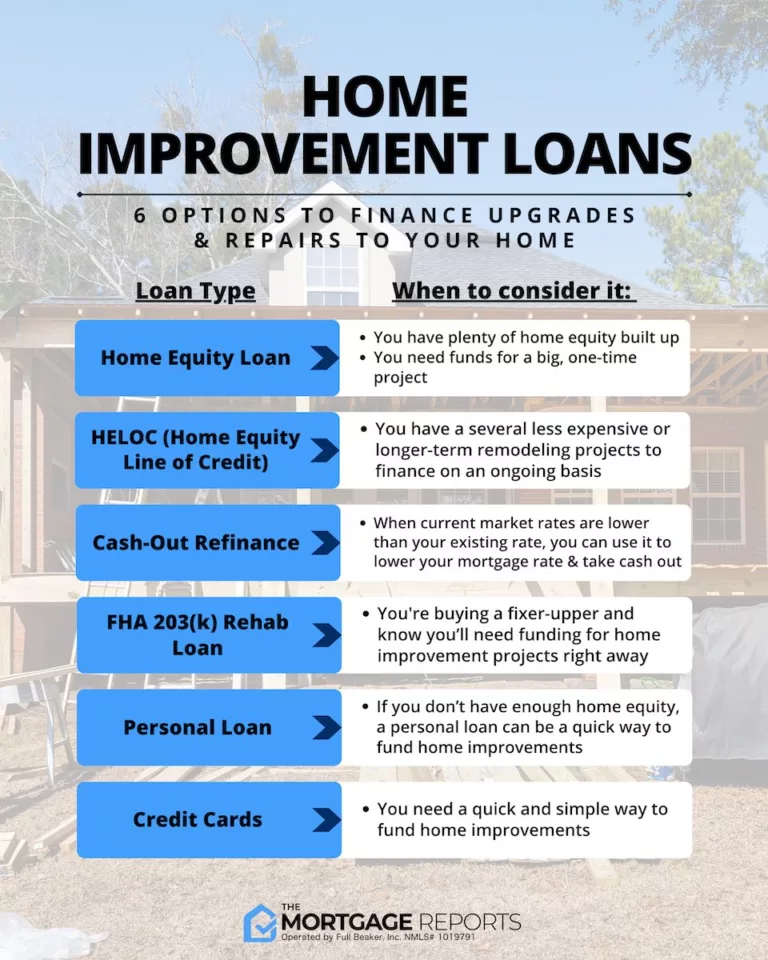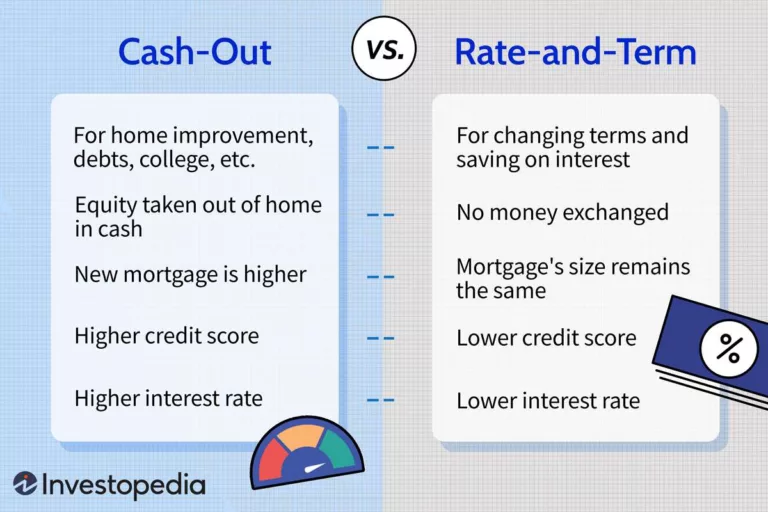Can You Get a Reverse Mortgage on a Mobile Home: Simplified Expert Advice
Yes, you can get a reverse mortgage on a mobile home. Now, let’s explore the eligibility requirements and the process for obtaining a reverse mortgage on a mobile home.
Reverse mortgages are a type of loan program available to homeowners aged 62 or older, allowing them to access their home equity. While most reverse mortgages are obtained on single-family homes, it is possible to get one on a mobile or manufactured home as well.
However, there are certain criteria that need to be met, such as the mobile home being built after a specific date, meeting HUD guidelines, and being permanently installed on a foundation. Additionally, the borrower must own both the home and the land it sits on. Once the eligibility criteria are met, the borrower can proceed with the reverse mortgage application process.

Credit: www.barnesandnoble.com
What Is A Reverse Mortgage?
Yes, it is possible to obtain a reverse mortgage on a mobile home. The eligibility criteria may include factors such as the home’s condition and its permanent foundation status. It is advisable to consult with a lender experienced in mobile home reverse mortgages for specific details.
Definition And Purpose
A reverse mortgage is a type of loan that allows homeowners, typically senior citizens, to convert a portion of their home equity into cash. Unlike traditional mortgages where the borrower makes monthly payments to the lender, with a reverse mortgage, the lender pays the homeowner.
The main purpose of a reverse mortgage is to provide financial stability and supplement retirement income for older adults. This type of loan can help seniors cover essential expenses such as medical bills, home repairs, or daily living costs, without the need to sell their home or move to a different location.
How Does A Reverse Mortgage Work?
Reverse mortgages work in a fundamentally different way compared to other types of home loans. To understand how they work, let’s break it down into simple steps:
- Eligibility: To qualify for a reverse mortgage, the homeowner must be at least 62 years old and own a significant amount of equity in their home.
- Loan Amount Calculation: The loan amount is determined by several factors, including the homeowner’s age, current interest rates, appraised home value, and program limits set by the Federal Housing Administration (FHA).
- Payment Options: Once approved, the homeowner can receive the loan proceeds in several ways:
- Line of Credit: The homeowner can opt for a line of credit, which allows them to withdraw funds as needed.
- Lump Sum: Another option is to receive a lump sum payment upfront.
- Monthly Installments: Alternatively, the homeowner can choose to receive fixed monthly payments for a certain period or for as long as they reside in the home.
- Loan Repayment: The reverse mortgage becomes due when the homeowner sells the property, passes away, or no longer occupies the home as their primary residence. At that time, the loan, including any accumulated interest and fees, must be repaid.
- Protective Measures: Reverse mortgages are regulated and insured by the FHA to protect both lenders and borrowers. Borrowers maintain ownership of the home and can continue to live there as long as they comply with loan requirements, such as maintaining the property and paying property taxes and insurance.
Remember, reverse mortgages are not suitable for everyone. It’s important to weigh the pros and cons, and consult with a trusted financial advisor or housing counselor to determine if this is the right financial option for your unique circumstances.
Eligibility For A Reverse Mortgage On A Mobile Home
Are you a mobile homeowner considering a reverse mortgage? Understanding the eligibility requirements is crucial to determine if you qualify for this financial option. Let’s explore the types of mobile homes that are eligible for a reverse mortgage, as well as any local regulations and restrictions that may come into play.
Types Of Mobile Homes Eligible For A Reverse Mortgage
If you own a mobile home and are interested in obtaining a reverse mortgage, it’s important to know which types of mobile homes are eligible. Generally, there are two categories: manufactured homes and modular homes.
Manufactured homes, also known as mobile homes, are built entirely in a factory and are designed to comply with the national housing standards set by the Department of Housing and Urban Development (HUD). These homes are constructed on a steel frame and transported to the desired location.
On the other hand, modular homes are built in sections or modules in a factory. These modules are then transported to the site and assembled on a permanent foundation. They also adhere to local building codes, which vary depending on the region.
Table: Comparison of Manufactured Homes vs. Modular Homes
| Manufactured Homes | Modular Homes |
|---|---|
| Built entirely in a factory | Built in sections or modules |
| Comply with national housing standards set by HUD | Comply with local building codes |
| Transported to the desired location | Assembled on a permanent foundation |
Both manufactured and modular homes can be eligible for a reverse mortgage, as long as they meet certain criteria. The home must be the borrower’s primary residence, have a permanent foundation, and be in compliance with local zoning laws.
Local Regulations And Restrictions
When considering a reverse mortgage on a mobile home, it’s crucial to take into account any local regulations and restrictions that may apply. Each state, city, and county can have its own guidelines regarding mobile homes and reverse mortgages.
Some local authorities impose restrictions on the age of the mobile home, requiring it to be a certain number of years or newer to qualify for a reverse mortgage. Additionally, there may be regulations on the size of the lot or park where the mobile home is located.
It’s important to thoroughly research the local regulations and consult with a reverse mortgage specialist to ensure compliance and eligibility. They can guide you through the process, helping you navigate the intricacies of local requirements.
In conclusion, if you own a manufactured or modular home and meet the necessary criteria, you may be eligible for a reverse mortgage. However, it’s essential to familiarize yourself with the specific regulations and restrictions in your area to ensure a smooth and successful application process.
Factors To Consider
Factors to consider when exploring the possibility of a reverse mortgage on a mobile home include the home’s age, condition, and whether it meets the requirements of the lender or the Federal Housing Administration (FHA). Additionally, the homeowner’s age and financial stability play a role in determining eligibility.
Before deciding whether to get a reverse mortgage on a mobile home, there are several important factors that you should consider. These factors will affect your eligibility, the loan terms, and ultimately whether a reverse mortgage on your mobile home is the right financial decision for you. The following are the key factors to take into account:
Age And Occupancy Requirements
One of the main requirements for obtaining a reverse mortgage on a mobile home is meeting the age and occupancy criteria. To be eligible, you must be at least 62 years old and live in the mobile home as your primary residence.
Property Condition And Appraisal
The condition of your mobile home and its appraisal value are crucial considerations in the reverse mortgage process. The home must meet certain requirements regarding its structural integrity and safety. Additionally, an appraisal will be conducted to assess the value of your mobile home, which will impact the amount you can borrow.
Financial Assessment
Another important aspect to consider is the financial assessment. Lenders will evaluate your income, credit history, and other financial factors to determine your ability to fulfill the loan obligations, such as paying property taxes and insurance premiums.
Interest Rates And Loan Terms
The interest rates and loan terms are significant factors in determining the overall cost and feasibility of a reverse mortgage. It’s crucial to compare different lenders and understand the implications of the interest rates, as well as the loan terms such as the repayment period and any associated fees.
By considering these factors, you can make an informed decision regarding whether a reverse mortgage on your mobile home is the right choice for your specific circumstances. Remember to consult with a reputable reverse mortgage lender or financial advisor to understand the full implications of this financial option.
Benefits And Drawbacks Of A Reverse Mortgage On A Mobile Home
Choosing a reverse mortgage on a mobile home can have both financial benefits and potential disadvantages. By understanding what these are, you can make an informed decision about whether this option is right for you and your situation. Here, we will discuss the financial benefits and potential disadvantages of getting a reverse mortgage on a mobile home.
Financial Benefits
A reverse mortgage on a mobile home offers several financial benefits that can make it an attractive option for eligible homeowners. These benefits include:
- Access to Cash: A reverse mortgage allows you to tap into the equity built up in your mobile home, providing you with a source of cash for various expenses such as medical bills, home renovations, or monthly living expenses.
- No Monthly Mortgage Payments: With a reverse mortgage, you do not need to make monthly mortgage payments. Instead, the loan is repaid when you sell the mobile home, move out, or pass away.
- Flexible Repayment Options: When the loan becomes due, you have the option to repay it using the proceeds from selling the mobile home. If you or your heirs would like to keep the home, you can also choose to refinance the loan.
- Stay in Your Home: Getting a reverse mortgage on a mobile home allows you to continue residing in your property without the burden of making monthly mortgage payments, as long as you meet all the loan requirements.
Potential Disadvantages
While there are financial benefits associated with a reverse mortgage on a mobile home, it is also important to consider the potential disadvantages. These drawbacks include:
- Interest Accrual: Interest accrues on the loan amount over time, potentially increasing the total amount owed, which can affect the equity remaining in your mobile home.
- Ongoing Maintenance Costs: As a homeowner, you are responsible for the regular maintenance and upkeep of your mobile home. Failure to maintain the property appropriately may put the loan in default.
- Impact on Inheritance: Depending on the terms of the reverse mortgage, it may affect the amount of inheritance you can leave to your heirs, as the loan will need to be repaid upon your passing.
- Eligibility Requirements: Not all mobile homes qualify for a reverse mortgage, as they must meet certain criteria such as age, permanent foundation, and ownership of the land. Meeting these criteria can be a challenge for some mobile home owners.
Expert Advice And Tips
When it comes to getting a reverse mortgage on a mobile home, it’s important to consult with a reverse mortgage specialist who can provide expert advice tailored to your situation. These professionals have the experience and knowledge necessary to guide you through the process and help you make informed decisions.
One of the first steps you should take when considering a reverse mortgage on a mobile home is to consult with a reverse mortgage specialist. These professionals specialize in reverse mortgages and can provide valuable insights and guidance. They will review your financial situation, assess the value of your mobile home, and determine if a reverse mortgage is a suitable option for you.
If a reverse mortgage is not the right fit for your needs, you may want to explore alternative financing options. There are several alternatives available for mobile homeowners, including personal loans, home equity loans, and refinancing options. Consulting with a reverse mortgage specialist can also help you explore these alternatives and determine which option is most suitable for your situation.
Personal Loans:
A personal loan is a type of loan that does not require collateral. This means that you do not need to put up your mobile home as security, making it a viable option if you do not meet the eligibility requirements for a reverse mortgage.
Home Equity Loans:
If you have substantial equity in your mobile home, you may be eligible for a home equity loan. This type of loan allows you to borrow against the value of your mobile home, providing you with the funds you need.
Refinancing Options:
Another alternative financing option for mobile homeowners is refinancing. By refinancing your mobile home, you can potentially secure a lower interest rate or extend the term of your loan, freeing up additional funds for your financial needs.
When considering a reverse mortgage on a mobile home, it’s important to consult with a reverse mortgage specialist who can provide expert advice tailored to your situation. If a reverse mortgage is not the right fit for you, exploring alternative financing options such as personal loans, home equity loans, or refinancing can help you meet your financial needs.
:max_bytes(150000):strip_icc()/FHAnew-V1-b23f55ab8e61496d87eabfccaa25c254.png)
Credit: www.investopedia.com

Credit: www.wonderstatemortgage.com
Frequently Asked Questions Of Can You Get A Reverse Mortgage On A Mobile Home
What Type Of Home Is Not Eligible For Reverse Mortgage?
Properties that are not eligible for reverse mortgages include cooperative units, vacation homes, and properties with outstanding tax liens or other legal issues. It’s important to ensure your home meets the criteria before considering a reverse mortgage.
Can You Get A Reverse Mortgage On A Paid Off Home?
Yes, you can get a reverse mortgage on a paid off home.
Can You Get A Reverse Mortgage On A Manufactured Home In Florida?
Yes, you can get a reverse mortgage on a manufactured home in Florida.
Does The Bank Own Your House After A Reverse Mortgage?
No, the bank does not own your house after a reverse mortgage. You still retain ownership and can live in your home as long as you meet the loan requirements, such as paying property taxes and insurance, and maintaining the property.
Conclusion
It is indeed possible to get a reverse mortgage on a mobile home. Despite some challenges, such as meeting specific criteria and ensuring the home is converted to real property, it can provide senior homeowners with financial stability and flexibility in their retirement years.
By exploring the options, consulting with experts, and understanding the terms and conditions, individuals can make informed decisions about whether a reverse mortgage is the right choice for their mobile home.




